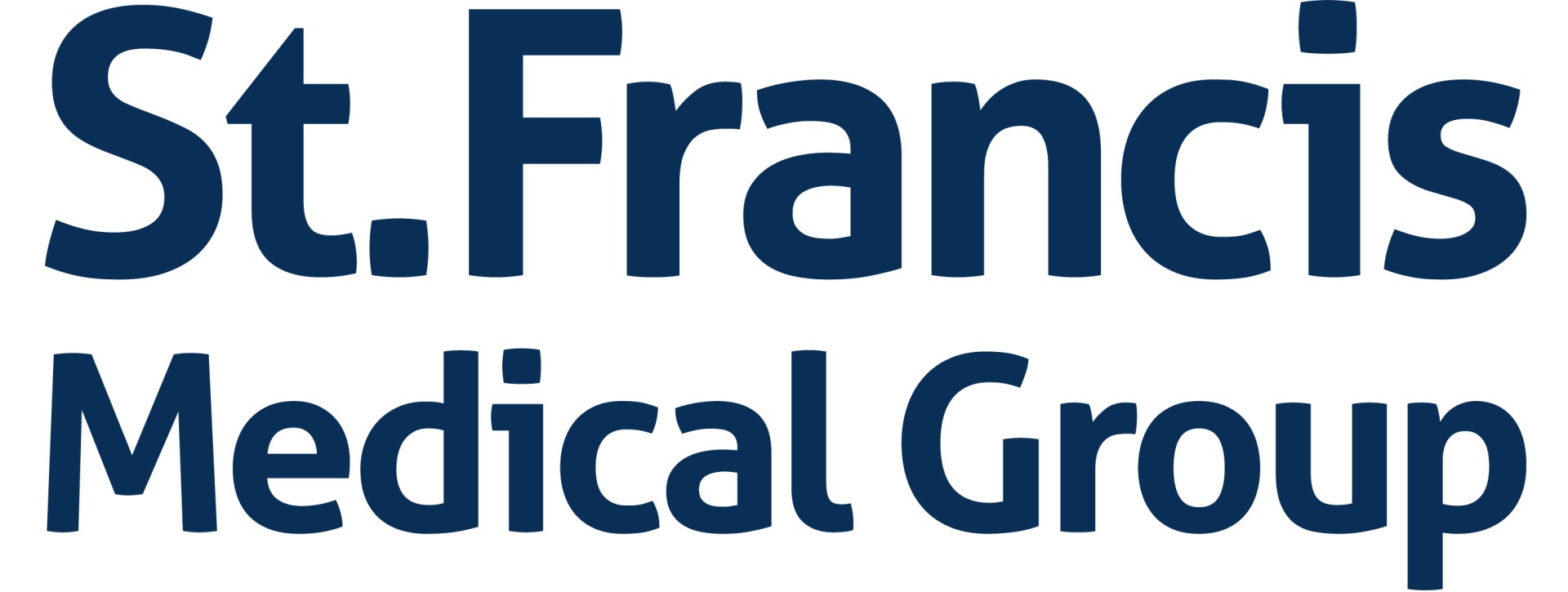Center for Breast Health
Breast health is one of the main health priorities for women. When it comes to breast health and breast cancer detection and treatment, the most important factors you should consider are the facility’s quality and the experience of the staff and physicians. Having a center where your concerns can be addressed in a respectful, calming, and professional manner is what St. Francis Center for Breast Health provides.
Survivor's Stories
Brandy Beeman was diagnosed with triple-negative breast cancer at 38, a very aggressive form of the disease. She was preparing to give birth to her third son when noticed a knot in her breast, in the third trimester of pregnancy. With the help of the team at the St. Francis Center for Breast Health, Brandy began a journey to full recovery.
For breast cancer survivor Amy Ward, she vividly remembers that day in 2010 when she received the news. A phone call no woman wants to receive, confirmation of Stage 3 triple-negative breast cancer. With the guidance of trusted physicians at the St. Francis Center for Breast Health, Amy leaned on her husband and sons to begin the journey to wellness.
Center for Breast Health Locations
Butler Pavilion, 2300 Manchester Expressway, Suite C001
Columbus, GA 31904
Phone: 706.324.3243
Breast Cancer Center
St. Francis Center for Breast Health is the premier facility in our region dedicated to breast cancer screening, diagnostics, and surgical treatment. We are accredited by the American College of Radiology and have an array of diagnostic tools available, including 3D mammography, Automated Breast Ultrasound, Nuclear Breast Imaging, and Breast MRI.
Our breast cancer center is staffed by breast fellowship-trained breast radiologists and a dedicated breast surgeon who has served this region for 35 years. Our technologists are also specially trained in breast imaging and provide our physicians with outstanding support.
Our Services
3-D Mammography
St. Francis offers 3-D mammography (also known as breast tomosynthesis). For this, the breast is compressed once and a machine takes many low-dose x-rays as it moves over the breast. A computer then puts the images together into a 3-dimensional picture. 3-D mammography is the most effective breast cancer screening tool today. Diagnostic mammograms are also available which is performed when women are having symptoms such as pain in the breast, a new lump, skin changes, or nipple discharge.
Screening Ultrasound (ABUS)
Routine ultrasound is performed for women without symptoms but have been told they have dense breast tissue.
Diagnostic Ultrasound
A breast ultrasound is used as a supplemental imaging tool, following a mammogram, to get additional information necessary for a complete diagnosis. Ultrasound can help a radiologist determine whether the abnormality on the mammogram is cystic or solid.
Breast Biopsy (Stereotactic, Ultrasound or MRI)
A breast biopsy is recommended when a suspicious finding is identified on a mammogram or breast ultrasound. A small needle is used to remove a few samples of the suspicious area in the breast. The tissue is then sent to the lab for further testing by the pathologist. BSGI is another one of the more advanced tools aiding in the early diagnosis of breast disease and breast cancer. It is pain-free, effective and the next non-invasive step when mammography results are inconclusive.
Breast MRI
An advanced imaging tool aiding in the early diagnosis of breast disease and breast cancer. Often patients with elevated risk of developing breast cancer may have this in conjunction with their yearly mammogram.
BSGI
A BSGI works by using a small amount of a radiotracer agent that is absorbed by the body’s cells. Screening with BSGI takes about 45-60 minutes, and unlike a mammogram, there is a small amount of compression.
